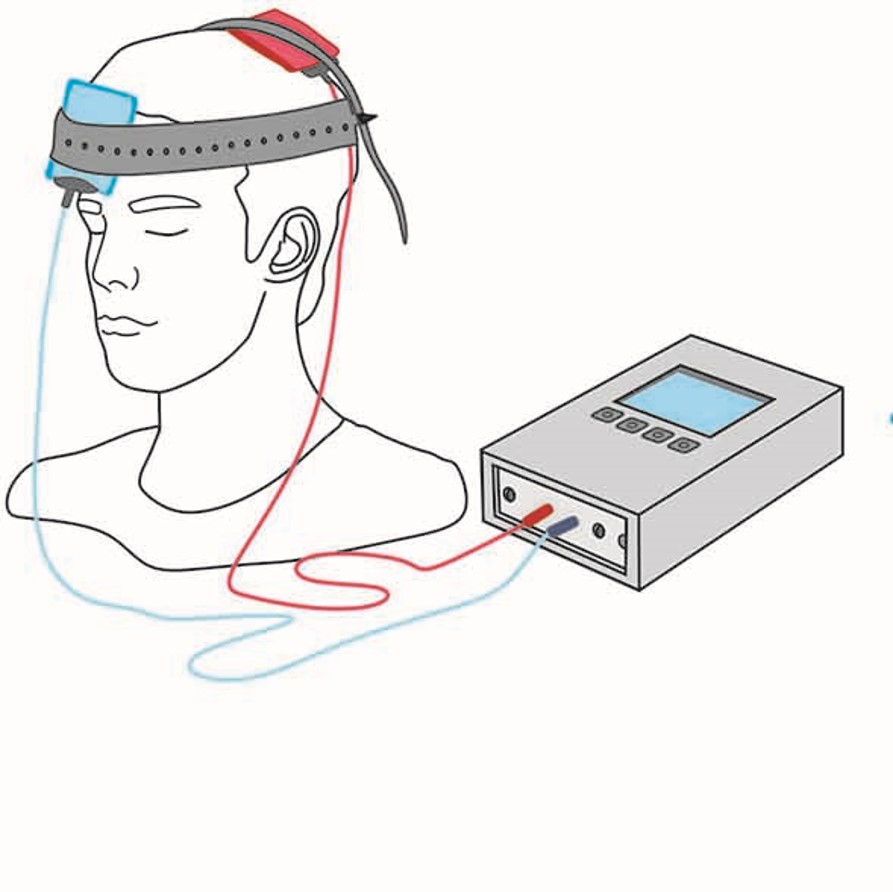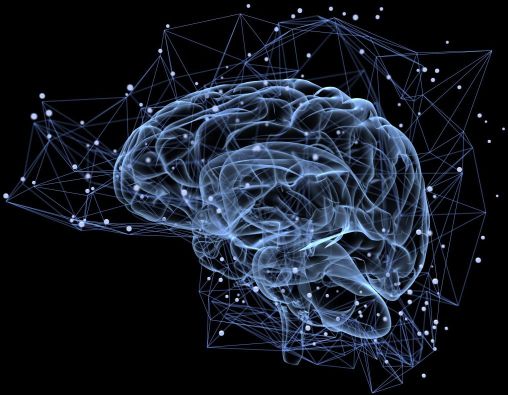MBNF STUDY
Modulation of Brain Network Function
Who we’re looking for
You could be eligible for this study if you:
- Are age 18-30
- Are currently experiencing symptoms of depression OR anxiety (feeling down, depressed, hopeless, anxious, tense, or have lost interest in things you used to enjoy)
- Are right-handed
- Do NOT have any major medical problems (e.g., stroke, heart disease, high blood pressure, dementia, endocrine disorders, etc.)
- Have NO history of neurological disorders (e.g., seizures, head injury, etc.)
- Have normal or corrected-to-normal vision (corrected-to-normal means that you wear glasses or contacts)
- Are fluent in English
- Are willing and able to undergo fMRI scanning (not claustrophobic, no non-removable metal in your body)
- Are NOT currently pregnant

Purpose of the study
Depression and anxiety can have a negative impact on a person’s daily life and interpersonal relationships. The causes of depression and anxiety are not fully understood, but some research suggests that people with these types of disorders process information differently than people without these types of disorders.
The purpose of this study is to better understand the way the brain works in people who have depression and anxiety. Researchers hope their findings will lead to better ways to diagnose and treat mood and anxiety disorders in the future.
What Participants can expect
Participation involves 2-3 visits that will include fMRI scans, interviews, and questionnaires. Before entering the scanner for the fMRI scans, participants are fitted with a cap that has electrodes on it. This cap will generate a mild electrical stimulation during the scan task. This shouldn’t feel like a shock and it shouldn’t be painful. The researcher fully explains the stimulation task ahead of time, and participants will have an opportunity to experience the actual stimulation sensation prior to the scan. Researchers ensure the stimulation level is set to avoid any personal discomfort. So, the sensation may feel slightly unusual but will not be painful.

